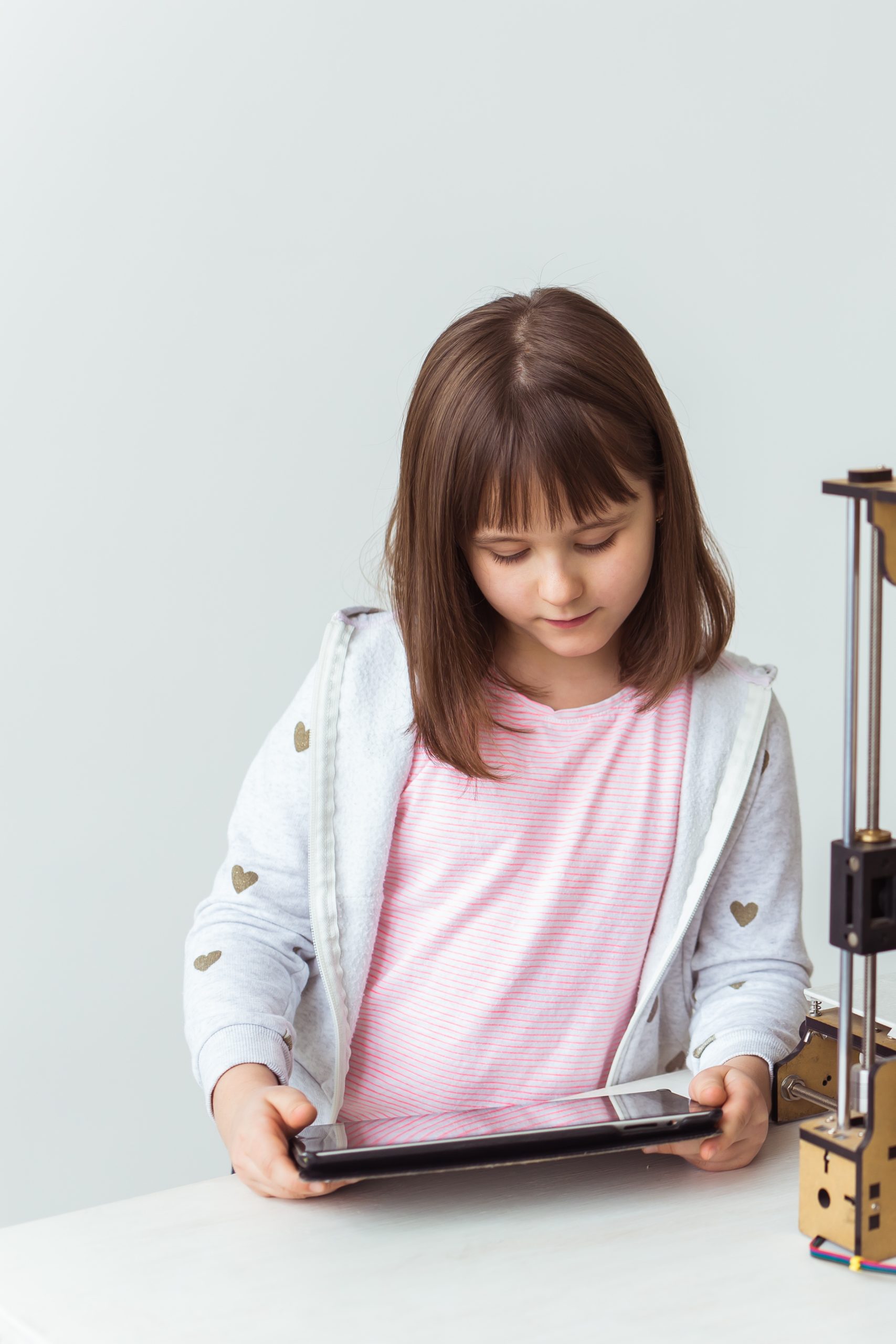We live in the digital age, and our students are digital natives. Therefore, Information Technology (IT) will also be taught starting from the first grade.
There are several reasons why information technology is important in primary schools:
- Digital literacy: Information technology helps primary school students to become digitally literate, able to access, analyze, evaluate, and communicate information using digital tools and technologies.
- Future job skills: Information technology skills are increasingly in demand in the workforce. By teaching these skills to our students, they will be better prepared for future careers in technology.
- Engaging learning experiences: Information technology makes learning more engaging and interactive. It helps students visualize complex concepts and engage in hands-on learning activities.
- Improved communication: Information technology improves communication between students, teachers, and parents. It facilitates collaboration, feedback, and sharing of information for the benefit of our students.
- Access to resources: Information technology provides access to a wealth of resources, including online databases, educational apps, and educational videos. This helps enhance learning and provide students with new opportunities to learn.
Each student will be provided with an iPad for learning purposes, while the classrooms will be equipped with state-of-the-art technology.
The day will begin with a physical/relaxation activity that aids in better focus during learning and a positive start to the day, followed by a group meeting.
Regular lessons with teachers and subject teachers will then take place.
After lunch, extracurricular activities and clubs are organized, along with the completion of homework assignments.
Extracurricular activities
With extracurricural activities we help our students:
- Develop social and communication skills, helping them build relationships with peers and develop teamwork, leadership and cooperation skills.
- Enhance academic performance, by increases their self-confidence, creativity and critical thinking skills, which are transferable to the classroom.
- Providing opportunities for personal growth and discovery. It enables them to explore new interests, passions, and talents that they may not have realized otherwise.
- Improve time management skills by managing their time effectively. It teaches them how to balance academic obligations with personal aspirations and helps them prioritize their time.
- Expand career choices, by exposing them to a range of career options. It helps them discover career paths they may not have considered before, and gain experience and skills that can be valuable in the workforce.
- Reduce stress and anxiety. It provides a positive outlet for stress and helps students cope with the pressures of academic life.
- Promote well-roundedness and develop into well-rounded individuals. It exposes them to different aspects of life, including cultural and social awareness, physical and mental health, and community involvement.
At the end of the day, students will complete their homework independently, but under the supervision and guidance of school teachers.
There are several benefits to doing homework at school, including:
- Access to resources: Students have access to a range of resources in school, such as textbooks, computers, and reference materials, which they can use to complete their homework.
- Support from teachers: Students can seek help and guidance from their teachers if they have any questions or difficulties with their homework.
- Collaboration with peers: Homework assignments can be completed in groups or pairs, which can foster collaboration and teamwork among students.
- Increased productivity: Doing homework at school can help students stay focused and productive, as they are away from distractions that they might encounter at home.
- Time management skills: Completing homework at school can help students learn how to manage their time effectively, as they have a set amount of time to complete their assignments.
- Reduced stress: By completing their homework at school, students can reduce the amount of work they have to do at home, which can lower their stress levels.
Overall, doing homework at school can provide students with the resources, support, and structure they need to complete their assignments effectively and efficiently, while also fostering important skills such as collaboration and time management.

